We Were Liars
What's it about?
We Were Liars follows Cadence Sinclair, a wealthy teen with a fractured memory, as she uncovers the truth about her family's summer retreats on a private island. As you navigate the intertwined lives of family and friendship, you'll discover themes of love, loss, and the complexity of truth. The story challenges you to consider the impact of privilege and the burdens of secrets. You’ll find yourself questioning the reliability of memory and the lengths one goes to protect those they care about. Prepare for an engaging journey that unfolds with unexpected revelations.
About the Author
E. Lockhart is an American author known for her compelling young adult fiction. Her work often explores themes of identity, privilege, and family dynamics. Notable books include "We Were Liars" and "The Disreputable History of Frankie Landau-Banks," characterized by intricate plots and introspective narratives that resonate with readers.
20 Key Ideas of We Were Liars
The Power of Perception
How we choose to perceive our reality alters what that reality becomes for us.
Consider Cadence's view of her family's wealth as a prison rather than a privilege, which ultimately changes how she interacts with the world around her.
- Shapes Identity: Our perceptions can mold our identity, influencing how we interpret experiences.
- Alters Relationships: Perception can impact how we connect and empathize with others.
- Guides Decisions: The way we perceive scenarios influences our decision-making process.
Take five minutes at the end of each day to reflect on a moment you perceived negatively and list alternative, positive interpretations.
Avoid clinging to negative perceptions without questioning them; always challenge yourself to see multiple perspectives.
The Cost of Secrets
Concealing the truth often isolates us and inflicts greater harm than openness ever could.
The Sinclair family's web of lies slowly unravels, unraveling the family itself and showing the burden of secrets.
- Creates Isolation: Secrets erect barriers between people, leading to loneliness.
- Breeds Mistrust: Keeping secrets can erode trust, both for those keeping them and those they're kept from.
- Invites Regret: Reflecting on unspoken truths often leads to regrets, impacting mental health.
Share a small, personal truth with someone close to you today to build trust and connection.
Don’t fall into the habit of justifying secrets as protection; recognize when openness could serve you better.
The Illusion of Perfection
Embracing imperfections fosters deeper, more genuine connections and personal growth.
The Sinclair family's picture-perfect facade masks deep dysfunction, highlighting the strength found in embracing flaws.
- Authenticity Over Appearances: Genuine connections are built on authenticity, not superficial ideals.
- Promotes Growth: Accepting imperfections can be a powerful catalyst for personal development.
- Encourages Empathy: Understanding our own flaws breeds compassion for the flaws in others.
List three personal imperfections and identify one way each has positively influenced your life.
Avoid the tendency to equate imperfections with failure; recognize them as opportunities for growth.
Deeper knowledge. Personal growth. Unlocked.
Unlock this book's key ideas and 15M+ more. Learn with quick, impactful summaries.
Read Full SummarySign up and read for free!
We Were Liars Summary: Common Questions
We would recommend We Were Liars to fans of young adult fiction and psychological thrillers, especially those who enjoy intricate plots and unexpected twists, as well as readers who appreciate deep emotional connections and character development.
Experience Personalized Book Summaries, Today!
Discover a new way to gain knowledge, and save time.
Sign up for our 7-day trial now.
No Credit Card Needed

Similar Books

Comprehensive Casebook of Cognitive Therapy
Frank M. Dattilio
The Piano Teacher
Elfriede Jelinek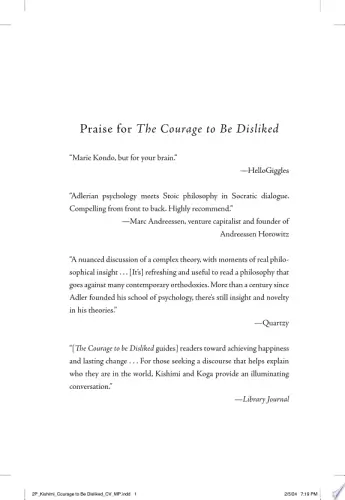
The Courage To Be Disliked
Ichiro Kishimi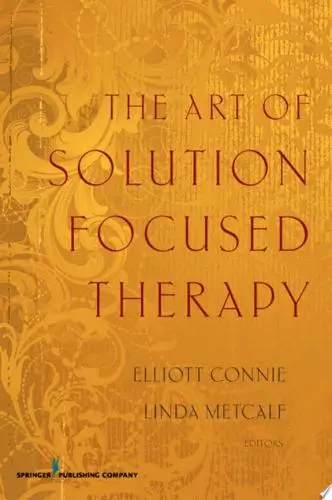
The Art of Solution Focused Therapy
Elliott Connie, MA, LPC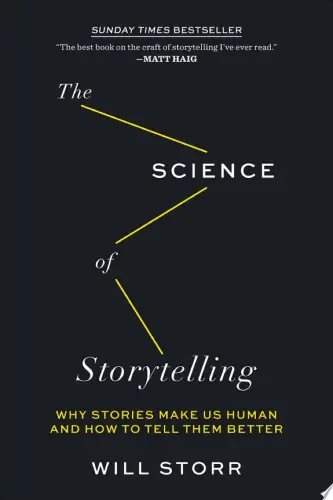
The Science of Storytelling
Will Storr
No Longer Human
太宰治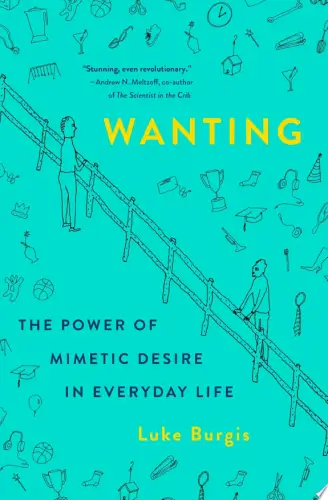
Wanting
Luke Burgis
Mrs Dalloway
Virginia Woolf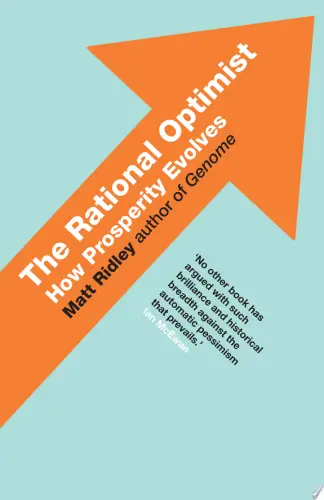
The Rational Optimist
Matt Ridley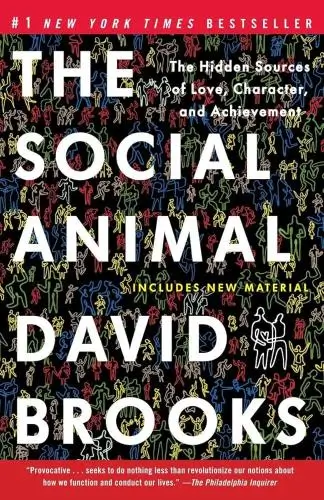
The Social Animal
David BrooksTrending Summaries

Peak
Anders Ericsson
Never Split the Difference
Chris Voss
Smart Brevity
Jim VandeHei
The Psychology of Money
Morgan Housel
The First 90 Days
Michael D. Watkins
Atomic Habits
James Clear
Thinking, Fast and Slow
Daniel Kahneman
The Body Keeps the Score
Bessel van der Kolk M.D.
The Power of Regret
Daniel H. Pink
The Compound Effect
Darren HardyNew Books

Forex Trading QuickStart Guide
Troy Noonan
Comprehensive Casebook of Cognitive Therapy
Frank M. Dattilio
The White Night of St. Petersburg
Michel (Prince of Greece)
Demystifying Climate Models
Andrew Gettelman
The Hobbit
J.R.R. Tolkien
The Decision Book
Mikael Krogerus
The Decision Book: 50 Models for Strategic Thinking
Mikael Krogerus
Fichte
Johann Gottlieb Fichte
Do No Harm
Henry Marsh

